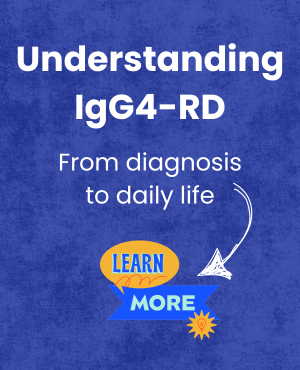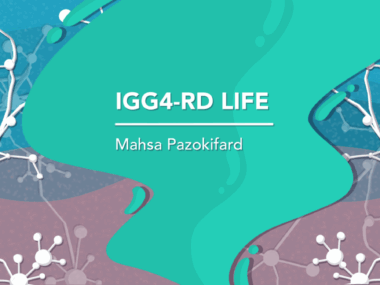Uplizna recommended for approval in EU as treatment for IgG4-RD
Urging by European committee comes on heels of therapy's US approval
Written by |

An advisory committee of the European Medicines Agency, or EMA — which evaluations medications for drug approval in the European Union — has recommended Uplizna (inebilizumab) for the treatment of adults with active IgG4-related disease (IgG4-RD).
The positive opinion from the EMA’s Committee for Medicinal Products for Human Use (CHMP), announced in an agency press release, follows the therapy’s approval in the U.S. earlier this year for treating IgG4-RD. The medication is designed to lessen disease activity and lower the risk of flare-ups in patients with the autoimmune disease.
The CHMP recommendation will now be reviewed by the European Commission, which has final say over drug approvals in the EU. The commission isn’t obligated to abide by the CHMP’s recommendations, but usually does. If the approval is granted, decisions regarding price and reimbursement will be made by each EU member state.
The EMA noted that “there are currently no authorised medicines in the EU for the treatment of adults with IgG4-RD.”
IgG4-RD is characterized by the formation of abnormal clumps of immune cells, including B-cells, in tissues, which can lead to damaging inflammation and scarring that can affect one or multiple organs.
Agency notes ‘high unmet need’ for glucocorticoid-sparing treatments
With no therapies approved in the EU, adults with IgG4-RD are typically treated off-label with glucocorticoids and other immunosuppressive agents. While some people respond to these treatments, others fail to achieve complete remission or relapse within a year, the EMA noted.
Moreover, the long-term use of glucocorticoids can lead to various side effects, such as high blood pressure, high blood sugar, immunosuppression, osteoporosis, or thinning of the bones, and muscle weakness, particularly in older patients.
“There is therefore a high unmet medical need for [glucocorticoid]-sparing treatments in patients with IgG4-RD,” the release states.
Marketed by Amgen, Uplizna is designed to deplete B-cells that produce the CD19 receptor protein, thought to contribute to IgG4-RD and drive flares, or periods of symptom worsening, among patients. The therapy is already approved to treat adults with another autoimmune condition, called neuromyelitis optica spectrum disorder (NMOSD), in the U.S., Canada, and the EU.
Uplizna shown in global trial to reduce risk of flare-ups
The CHMP recommendation was based on data from a global Phase 3 clinical trial (NCT04540497) that enrolled 135 adults with active IgG4-RD. Participants were randomly assigned to receive either Uplizna (300 mg) or a placebo intravenously, or via infusion into the bloodstream, on days 1 and 15, and at week 26, or the six-month mark.
The trial data showed that Uplizna significantly reduced the risk of treated or confirmed flares by 87% relative to the placebo. Six times fewer patients receiving Uplizna were treated for a flare (10% vs. 60%). The median time to the first treated flare was also significantly longer in adults given Uplizna.
Additionally, more than twice as many Uplizna-treated patients achieved complete remission — a period without signs of disease — without glucocorticoids or flares at one year, compared with those receiving the placebo (58.8% vs. 22.4%).
The safety profile of Uplizna in IgG4 RD was generally consistent with that seen in NMOSD patients. The most common side effects were urinary tract and upper respiratory infections, the common cold, joint pain, back pain, and low levels of certain immune cells.







